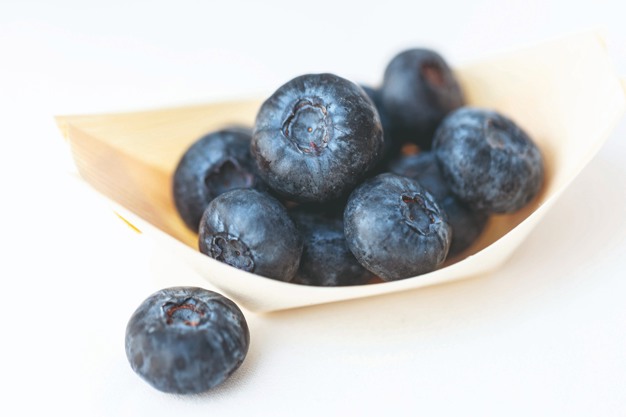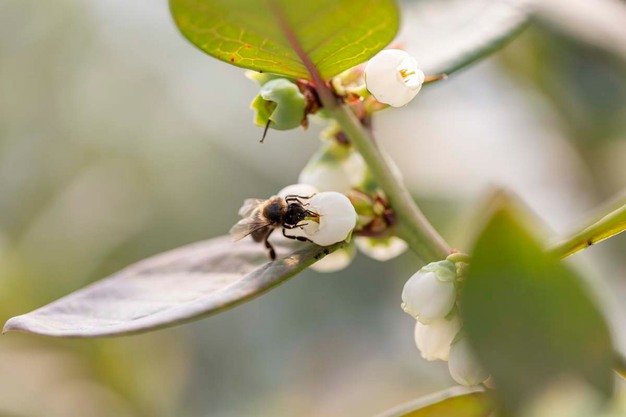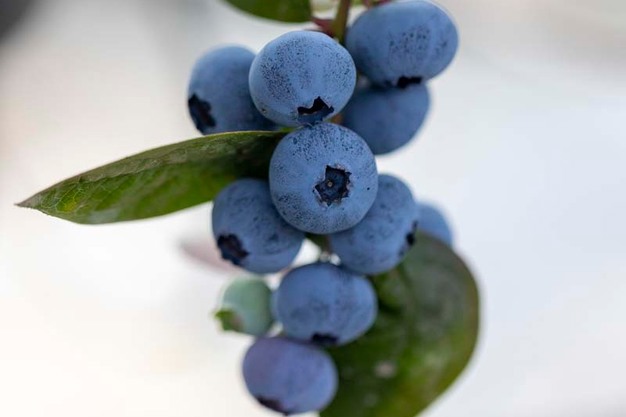"We have no more supply gaps. We have double cultivation almost everywhere. That means if something were to happen in one country, we always have fallback options," says Fred Douven, CEO of abbGrowers, about the blueberries the company grows and markets. "That's something you have to do at this point because there's so much happening in the world, including climate issues. You can't bet on just one horse anymore; it's too risky."

With annual sales of around 10 million kg of blueberries, this Dutch company works with growers in South America, Africa, and Europe. They further expanded this risk-spreading policy with projects in Tanzania, Turkey, and India. Fred considers Turkey especially promising as a growing area for the Western European market. "The country has water, diverse climates, and a sufficient labor force," he points out.
 Quality through variety selection and sorting
Quality through variety selection and sorting
Cultivating in different locations requires specific varieties suited to local conditions. "We very carefully consider which varieties suit the regions, and our dedicated advisory department guides growers in this." Club varieties play an increasing role. For example, abbGrowers works with the Sekoya breeding program and is testing new American varieties such as Gladiator and Maverick. "Those are promising in terms of flavor, shelf life, and crunch," Fred explains.
Besides variety selection, end product quality is a priority, and abbGrowers receives 90% of its blueberries in bulk. "If they pack the fruit in the country of origin, no one looks at the contents after weeks of transport. By sorting here, we guarantee quality." Transport takes place under a 'modified atmosphere' using shock-absorbant packaging.

Certification and market developments
Though certification is crucial in the blueberry sector, it sometimes causes friction in South America. However, the CEO doubts that will lead to fewer exports to Europe. "South American countries need the European market, and the focus on certifications is increasing elsewhere, too, " he says.

Plus, European consumption still offers ample growth potential. "In the U.S., people eat, on average, 3.5 kilograms of blueberries a year; in Europe, that's still grams. Consumption is also rising in Eastern and Southern Europe. Fred sees opportunities in the Middle and Far East, too. "India alone has 1.8 billion inhabitants. Imagine all of them eating just one berry," he concludes.
 Fred Douven
Fred Douven
abbGrowers
Handelstraat 8
5961 PV Horst
[email protected]
www.abbgrowers.com










